Bonjour! Survey Dimension 1: Information Analysis
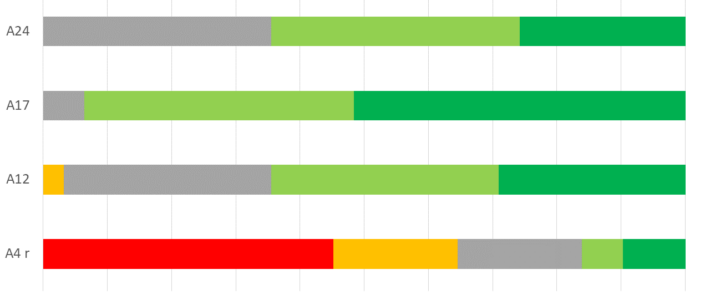
This refers to the process of systematically examining and evaluating data, facts, and other relevant information to draw well-founded conclusions. It includes the collection, verification, and interpretation of data, the identification of patterns and trends, and the assessment of the relevance and reliability of information. The goal is to make decisions on a sound and rational basis.
Importance for the 55+ Age Group
The 55+ age group often faces specific challenges and decisions where thorough information analysis is crucial. Here are some examples based on feedback from conversations with people in this age group:
- Health and Medicine At this age, the importance of health information increases. The ability to understand and evaluate medical data and research findings helps in making informed decisions about treatments and lifestyle changes.
- Financial Planning and Retirement Provision The analysis of financial information is essential to ensure a secure and stable financial future. This includes understanding pension plans, investment opportunities, and insurance products.
- Technology and Digitalisation Although many individuals aged 55+ are tech-savvy, the rapid development in digitalisation requires constant adaptation and further education. The ability to filter and analyse relevant information is crucial in this context.
- Politics and Society In retirement, many people have more time to engage in political and societal activities. Sound information analysis enables them to better understand political decisions and actively participate in societal discussions.
Challenges
A challenge for the 55+ age group can be the rapid change and the abundance of available information.
Dimension Analyse von Informationen
Darunter versteht man den Prozess der systematischen Untersuchung und Bewertung von Daten, Fakten und anderen relevanten Informationen, um daraus fundierte Schlussfolgerungen zu ziehen. Dies beinhaltet die Sammlung, Überprüfung und Interpretation von Daten, die Identifizierung von Mustern und Trends sowie die Bewertung der Relevanz und Zuverlässigkeit der Informationen. Ziel ist es, Entscheidungen auf einer fundierten und rationalen Basis zu treffen.
Bedeutung für die Gruppe der 55+ Jährigen
Die Gruppe der 55+ Jährigen steht oft vor spezifischen Herausforderungen und Entscheidungen, bei denen eine gründliche Analyse von Informationen entscheidend ist. Hier sind einige Beispiele aus der Rückmeldung von Gesprächen mit Menschen in dieser Altersgruppe:
- Gesundheit und Medizin
In diesem Alter nimmt die Bedeutung von Gesundheitsinformationen zu. Die Fähigkeit, medizinische Daten und Forschungsergebnisse zu verstehen und zu bewerten, hilft dabei, fundierte Entscheidungen über Behandlungen und Lebensstiländerungen zu treffen. - Finanzplanung und Altersvorsorge
Die Analyse von Finanzinformationen ist entscheidend, um eine sichere und stabile finanzielle Zukunft zu gewährleisten. Dies umfasst das Verständnis von Rentenplänen, Investitionsmöglichkeiten und Versicherungsprodukten. - Technologie und Digitalisierung
Auch wenn viele 55+ Jährige technikaffin sind, erfordert die rasante Entwicklung im Bereich der Digitalisierung eine ständige Anpassung und Weiterbildung. Hierbei ist die Fähigkeit, relevante Informationen zu filtern und zu analysieren, unerlässlich. - Politik und Gesellschaft
Im Ruhestand haben viele Menschen mehr Zeit, sich politisch und gesellschaftlich zu engagieren. Eine fundierte Informationsanalyse ermöglicht es ihnen, politische Entscheidungen besser zu verstehen und sich aktiv an gesellschaftlichen Diskussionen zu beteiligen.
Herausforderungen
Eine Herausforderung für die Gruppe der 55+ Jährigen kann die schnelle Veränderung und die Fülle an verfügbaren Informationen sein.
Interpretation der Umfrage
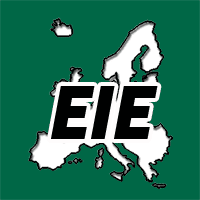
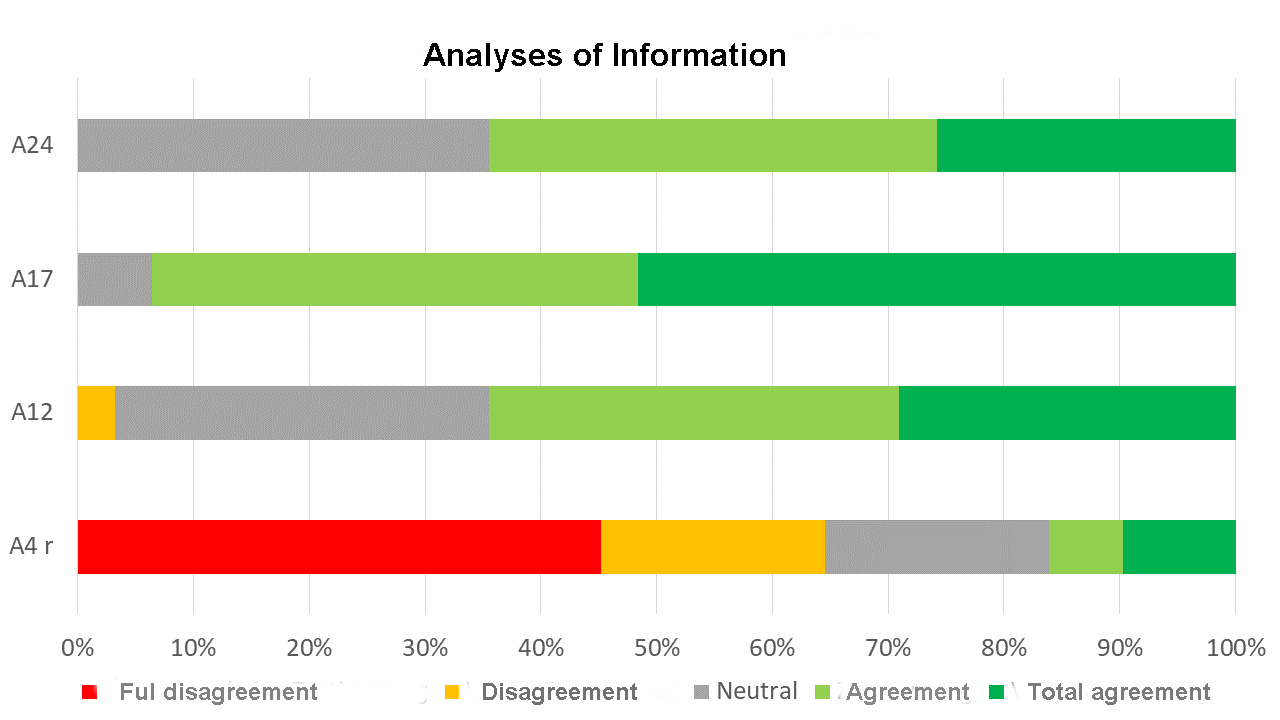
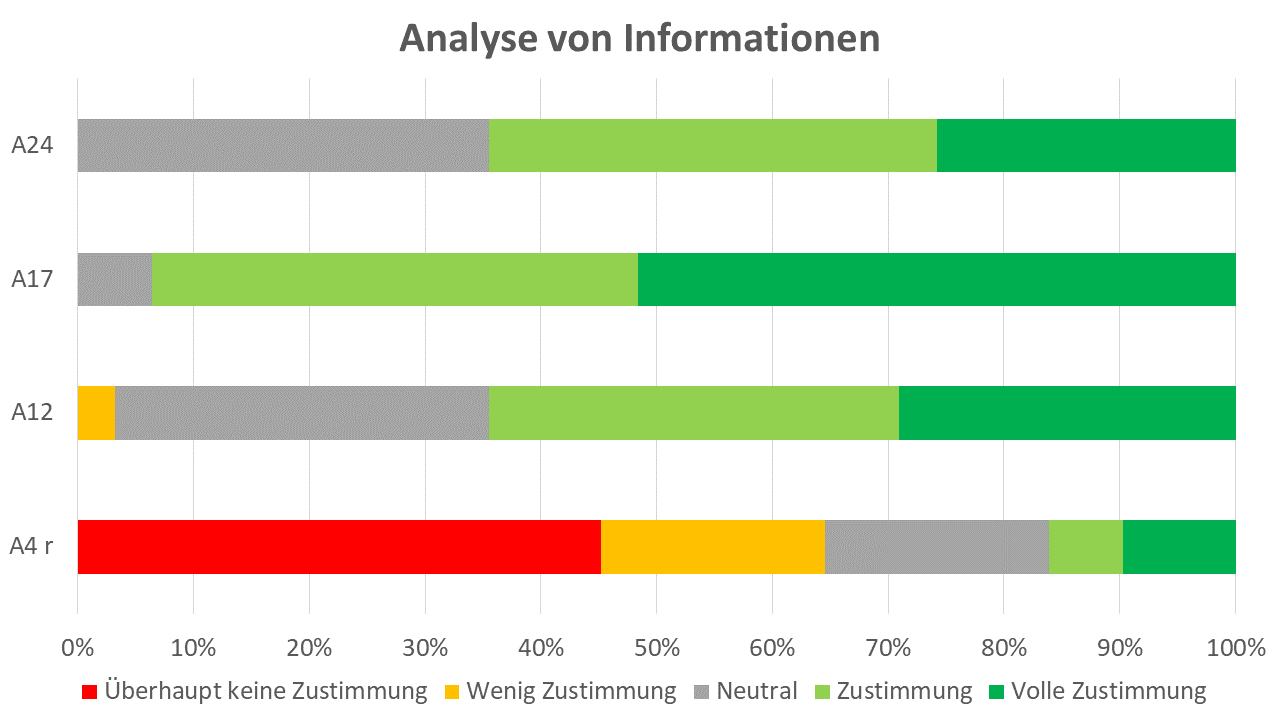


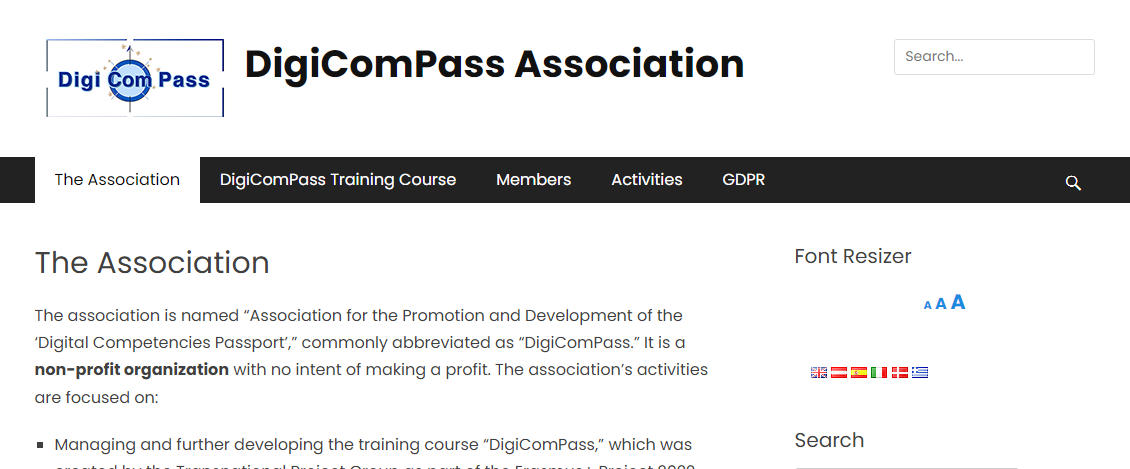


 Deputy Secretary Fernando Benavente
Deputy Secretary Fernando Benavente
 Deputy Treasurer Diyana Todorova
Deputy Treasurer Diyana Todorova First Auditor BEd Mag. Harald Makl MA
First Auditor BEd Mag. Harald Makl MA Second Auditor Martin Savchev
Second Auditor Martin Savchev Errol St. Clair Smith
Errol St. Clair Smith Ph.D Christos Mettouris
Ph.D Christos Mettouris Constantinos Tsouris
Constantinos Tsouris